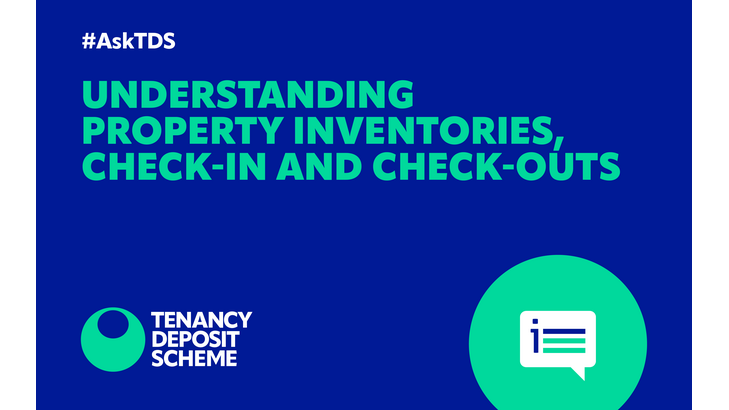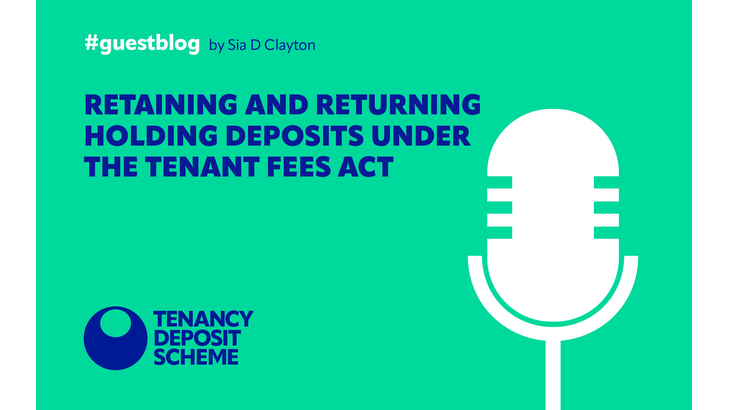
Nobody wants to see their deposit disappear due to deductions at the end of a tenancy! Here, the Te...
Read the full post

This week's edition of #asktds is dedicated to answering frequently asked questions about property ...
Read the full post

A guest blog by The Letting Partnership The role of a residential landlord has changed considera...
Read the full post

A guest blog by Sia D Clayton, Head of Content at Goodlord. The Tenant Fees Act introduced stric...
Read the full post

TDS Group and The Depositary have joined forces once again to deliver enhanced value and convenienc...
Read the full post

New research shows smaller landlords in the UK’s private rented sector (PRS) contribute a huge £...
Read the full post

A comprehensive guide on flooding and the UK property market has been published by AVRillo Con...
Read the full post

Increasing the number of homes in the private rented sector would benefit landlords, tenants and th...
Read the full post

This article has been written in response to a tenant’s query: “I’m going on holiday – do I...
Read the full post